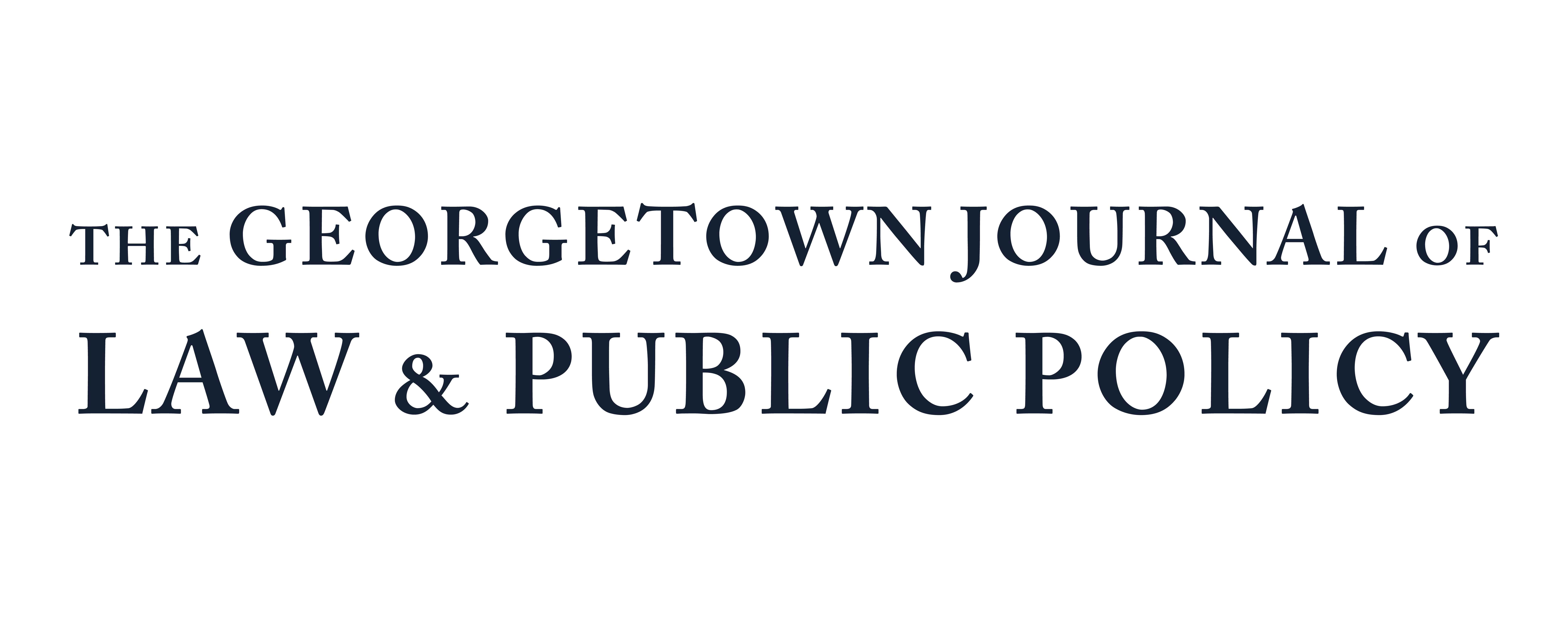Revisiting Seminole Rock
The rule that reviewing courts must defer to agencies’ interpretations of their own regulations has come under scrutiny in recent years. Critics contend that this doctrine, often associated with the 1997 Supreme Court decision Auer v. Robbins, violates the separation of powers, gives agencies perverse regulatory incentives, and undermines the judiciary’s duty to say what the law is. This Article offers a different argument as to why Auer is literally and prosaically bad law. Auer deference appears to be grounded on a misunderstanding of its originating case, the 1945 decision Bowles v. Seminole Rock. A closer look at Seminole Rock suggests an unremarkable application of the less-deferential standard of review associated with the case Skidmore v. Swift & Co. These conclusions shed new light on contemporary worries about Auer deference, ground the Court’s recent limitations on the doctrine and lower the stakes for overruling it altogether. After Auer, the Court should return to Seminole Rock.
Keep Reading Revisiting Seminole Rock
Subscribe to GJLPP
